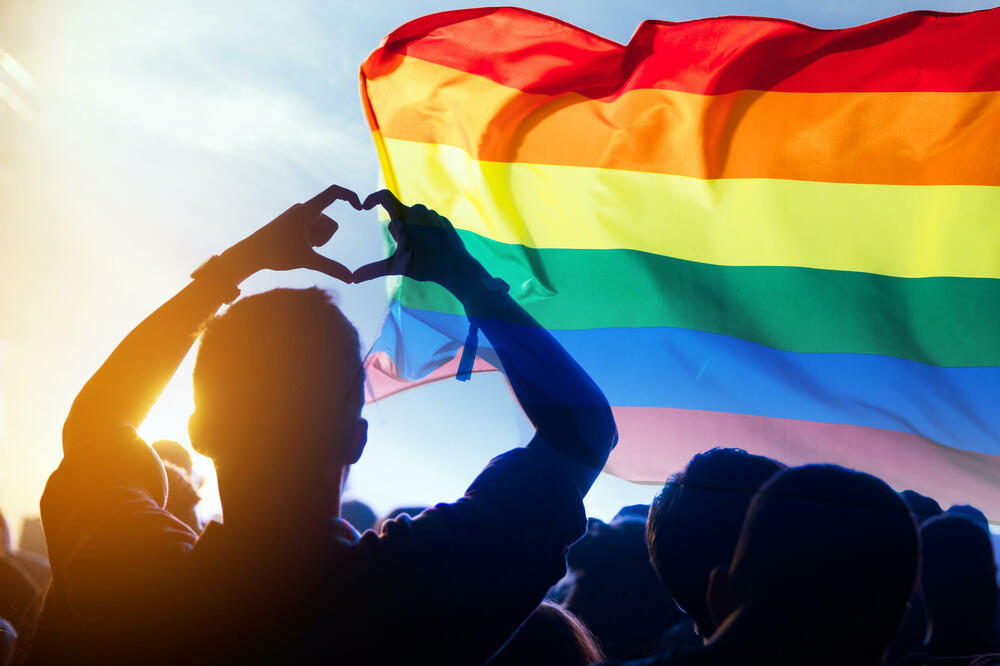The German parliament today passed a law that will make it easier for transgender, intersex and non-binary people to change their name and gender in official records.
374 members of the Bundestag voted for the adoption of the so-called "law on self-determination", 251 were against, with 11 abstentions.
The adoption of the law, which is due to take effect on November 1, is one of several social reforms that the left-liberal coalition government of Chancellor Olaf Scholz promised when it was formed in late 2021.
The new law will allow adults to change their name and gender in the registry office without any other formalities, they will only have to notify the service three months before the change.
According to the current "transsexual law", adopted four decades ago, individuals who want to change their gender in official documents must first get an assessment from two experts "sufficiently familiar with the specific problems of transsexualism", and then a court decision.
Since that law was written, Germany's highest court has struck down other provisions that required transgender people to be divorced and sterilized and to undergo gender reassignment surgery.
The German government's commissioner for the acceptance of sexual and gender diversity, Sven Lehmann, told MPs that the "transsexual law" had caused a lot of suffering during its 40 years in force "and only because people want to be recognized for who they are".
The leading opposition party, the conservative Christian Democratic Union (CDU), has criticized the new law, saying it does not offer protection against abuse and does not sufficiently protect young people.
A representative of the far-right Alternative for Germany, Martin Reichard, condemned the changes, which he called "ideological nonsense."
Before Germany, similar laws were adopted by several countries - Denmark, Norway, Finland and Spain.
Among the liberal reforms implemented by Scholz's government are the legalization of the possession of limited amounts of cannabis, the relaxation of the rules on acquiring German citizenship and the abolition of restrictions on dual citizenship, the abolition of the ban on doctors to "advertise" abortion services.
Same-sex marriage was legalized by the previous CDU-led government in 2017.
Bonus video:




